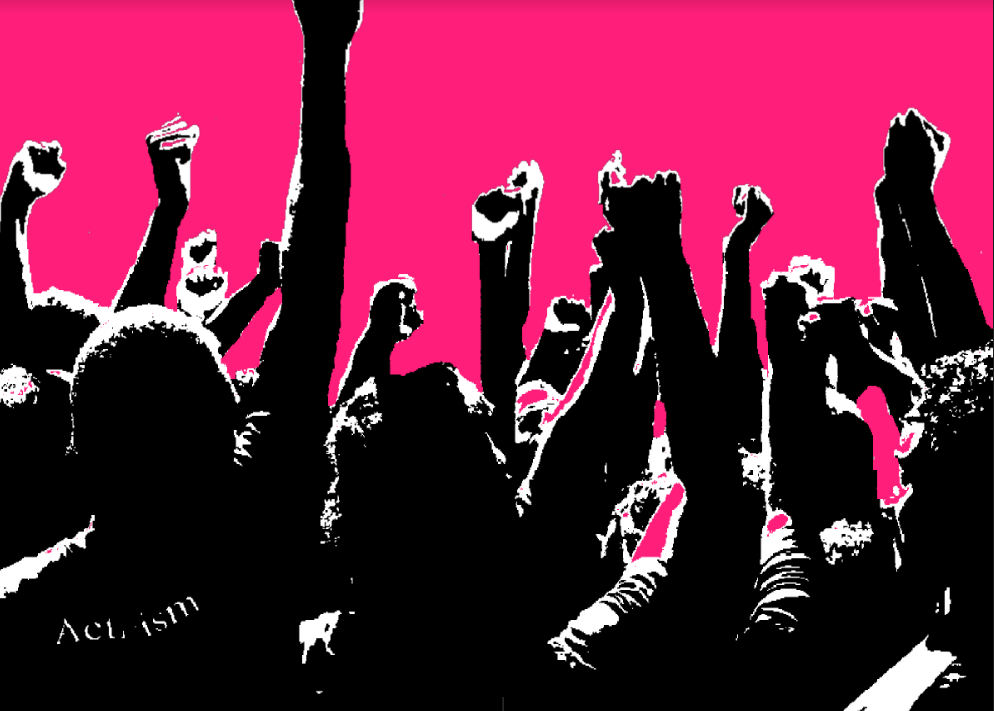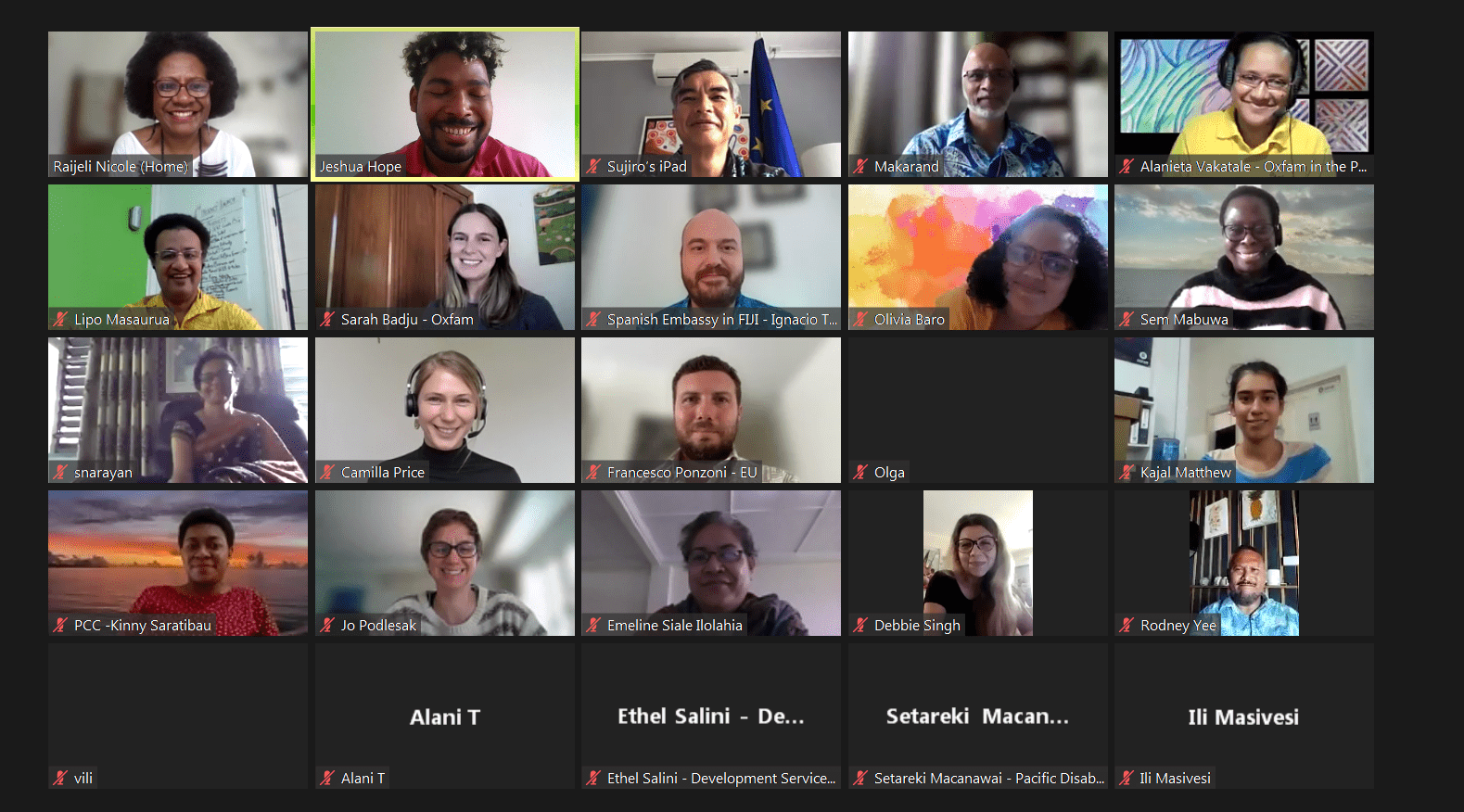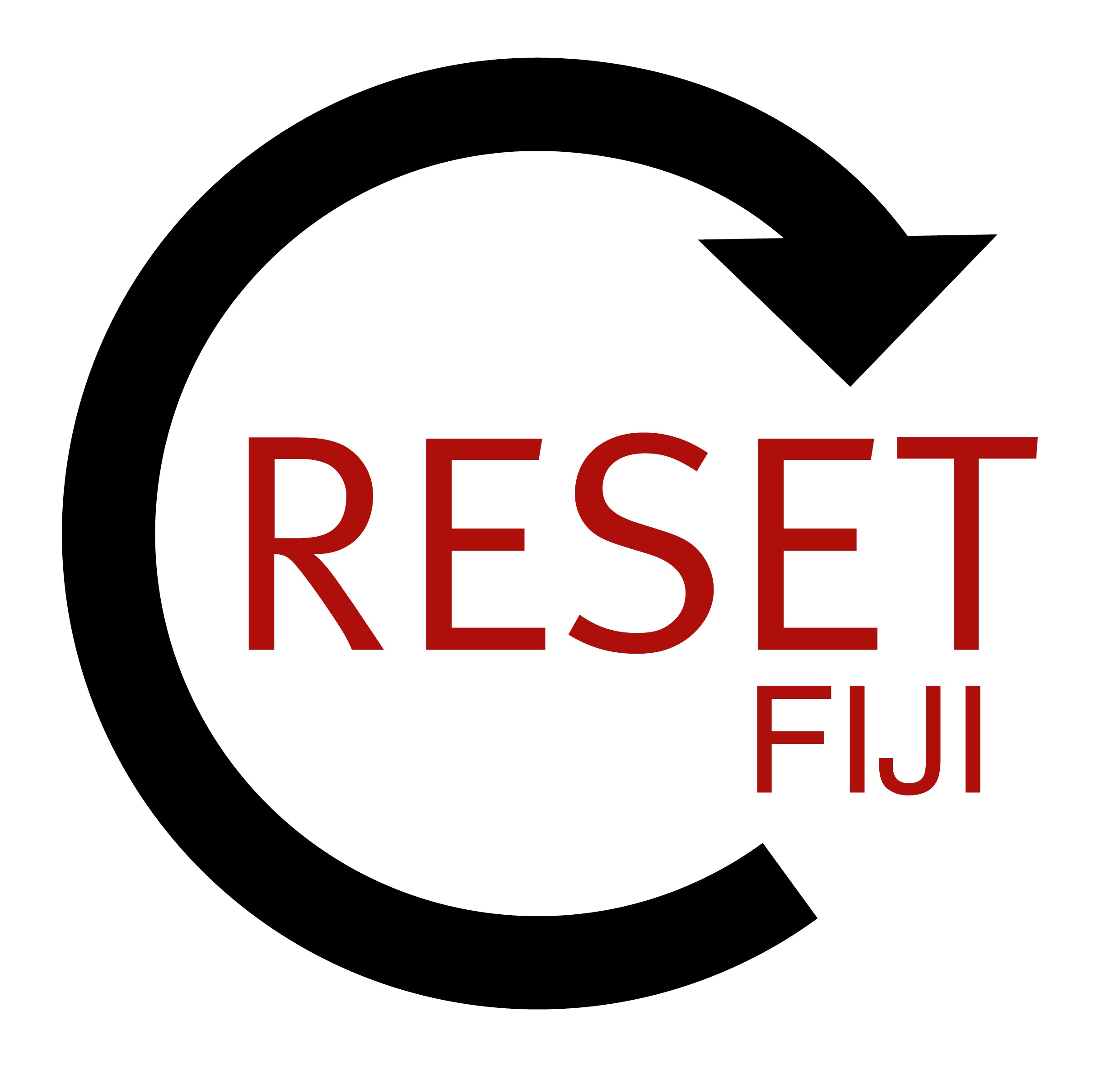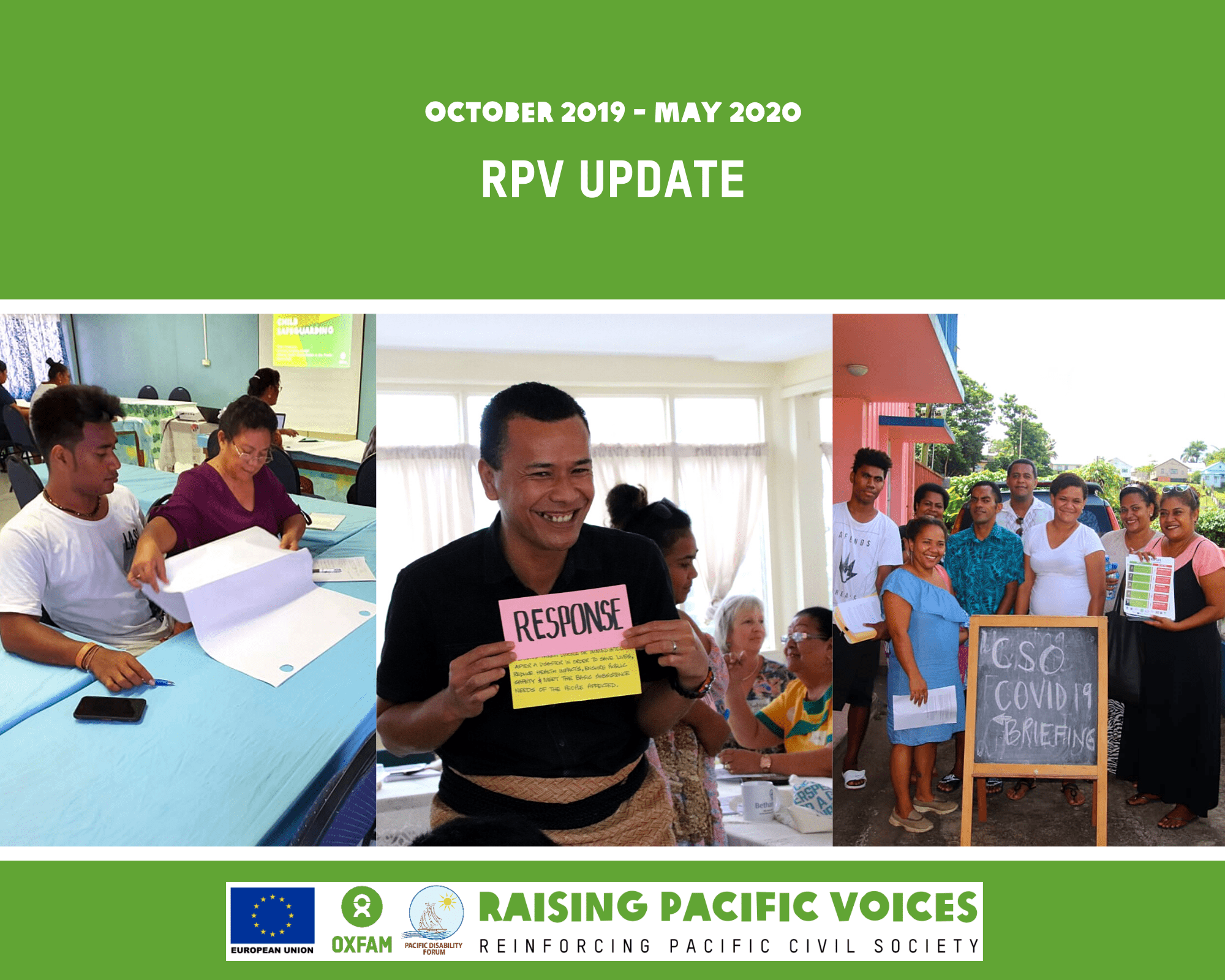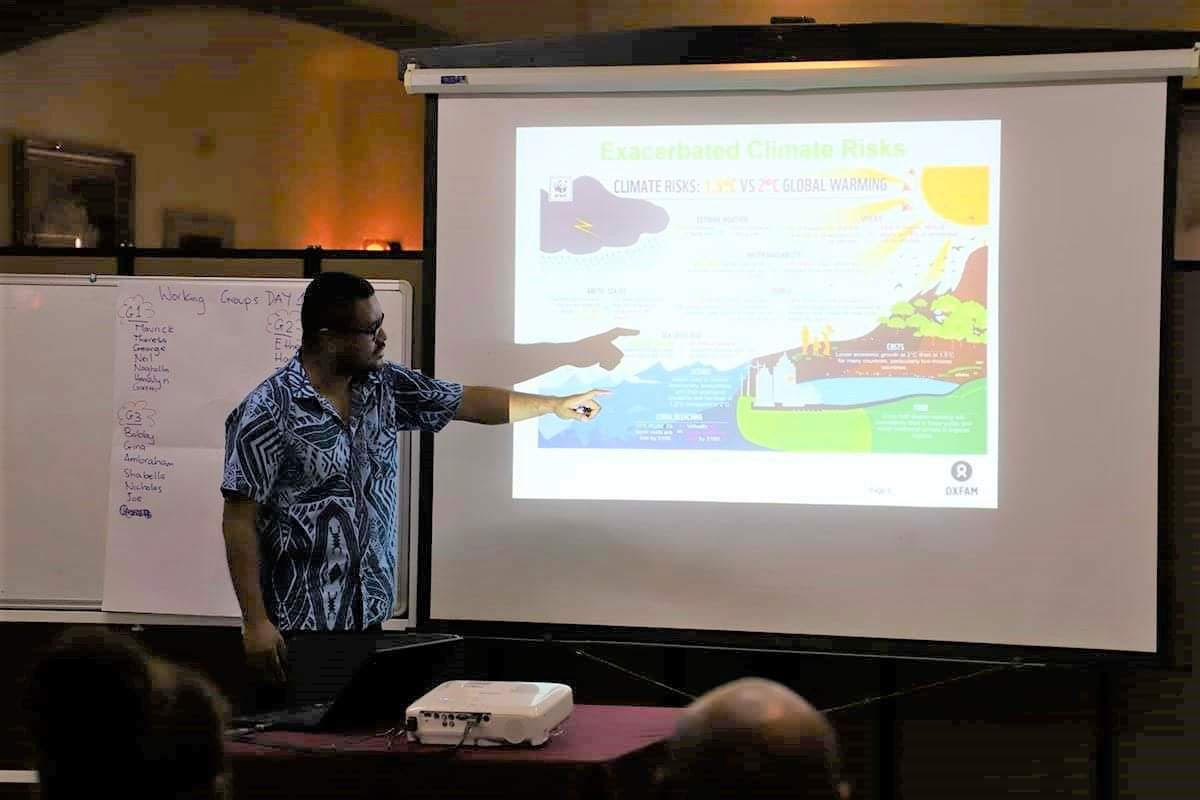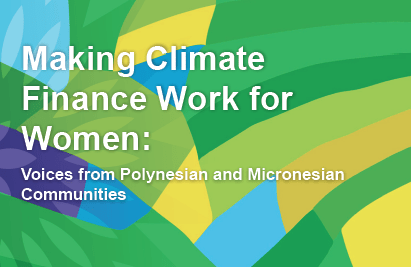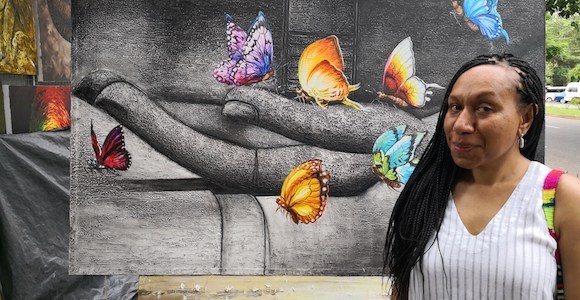Fiji lesbians, bisexual women, transmen and gender non-conforming people tipping the scales towards justice
Historically there has been scant evidential research on the socio-economic and human rights situation of lesbians, bisexual women, transmen (LBT women) and gender non-conforming people (GNC) people in Fiji and the Pacific. Far too much of herstories and everyday reality is still written by those who are not Pacific LBT women and GNC people.
This is unacceptable, says Diverse Voices and Action (DIVA) for Equality Fiji , in the foreword to its new report, ‘Unjust, unequal, unstoppable’.
“DIVA for Equality grassroots work since 2011 shows clearly that lesbian, bisexual and transgender people and those with other heteronormative sexual orientation and gender identity face very high levels of state and non-state stigma, community control and autonomy, lack access to justice and to many basic state services that heteronormative people already access, even if partially or with difficulty. But we did not have published evidence. So we began, learnt as we went, found funds and here we are!
“This feminist action-based research fills some data and analysis gaps to move forward evidence based policy reform and development in Fiji and to build a Pacific that is inclusive of, and responsive to LBT women and GNC people in Fiji. It provides channels for direct voice and evidence-based action on our own justice issues. It assists us to speak and act for ourselves.
See the full report, including its recommendations, here: https://tinyurl.com/yyuc2ueg
DIVA for Equality is an intergenerational group of Fiji LBT feminist and women’s human rights advocates working in a complex environment and context. DIVA works for sexual and gender justice, social, economic, ecological and climate justice in a Pacific small-island, ethnically diverse, post-colonial and conservative Christian majority environment with a history since independence of ethnic and religious tolerance if not celebration; struggles with militarisation and repeated coups and a complicated mix of traditionalist and modernist indigenous ideas and groupings.

